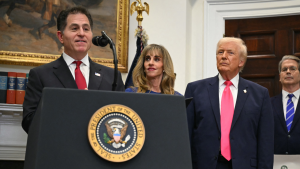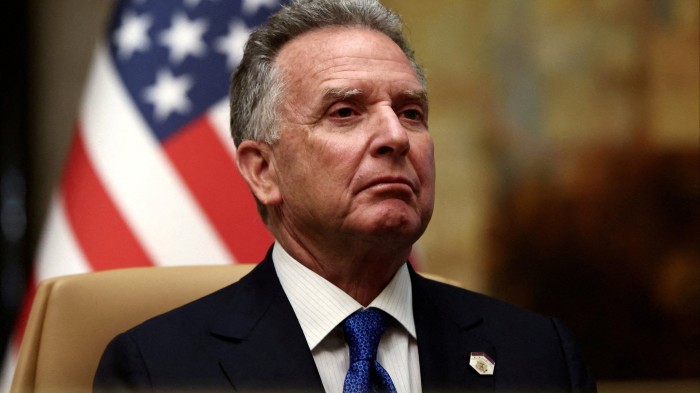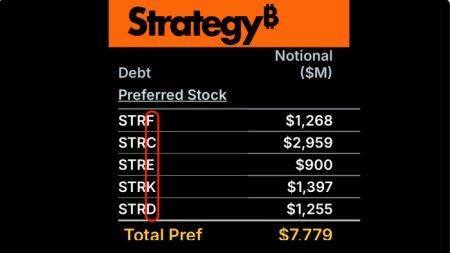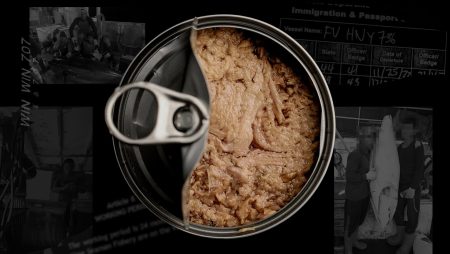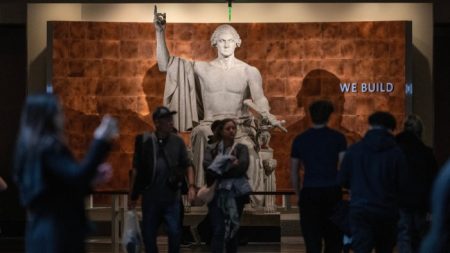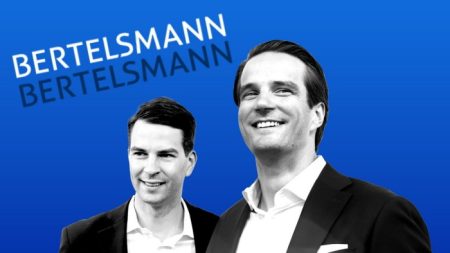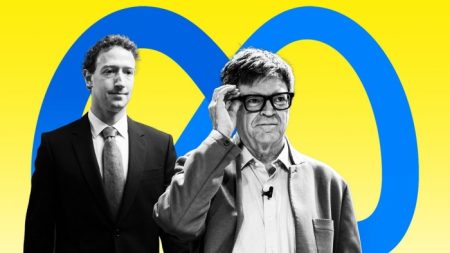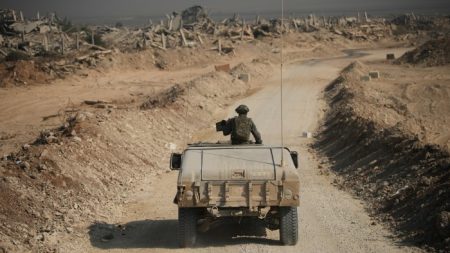US envoy Steve Witkoff is due to begin talks with Iran’s top diplomat on Saturday as the Trump administration pushes for a deal to curb Tehran’s nuclear programme and ease a crisis that risks triggering the Middle East’s next conflict.
The negotiations between Witkoff and Iranian foreign minister Abbas Araghchi in Oman are considered an important first step in trying to resolve the long-running stand-off over Tehran’s aggressive nuclear advances amid the threat of US or Israeli military strikes against its nuclear facilities.
But they face huge hurdles as the countries harbour deep distrust for each other and have widely differing expectations about what could be acceptable. Before talks had even begun, US President Donald Trump on Wednesday warned that his feeling was “they’re not going along well” adding: “If it requires military, we’re going to have military.”
Trump is thought to want a deal that would lead to Iran agreeing to dismantle its uranium enrichment programme, with a US official saying the “goal is to stop and eliminate Iran’s nuclear enrichment”.
That is a red line for Iran’s supreme leader Ayatollah Ali Khamenei, who insists Tehran — at its most vulnerable in decades after Israeli strikes against it and its proxies last year and with an economy strangled by sanctions — will not be bullied into a deal.
Instead, Tehran wants an agreement similar to the moribund accord it signed with the Obama administration and other world powers in 2015, in which it agreed to strictly limit enrichment in return for sanctions relief.
The adversaries could not even agree on the format of the negotiations, with Trump saying they would be direct before Iran insisted they would be held indirectly.
Dan Shapiro, a former senior US diplomat and defence official, said it would be “extraordinarily challenging to achieve an agreement that meets the traditional US test of ensuring Iran cannot achieve a nuclear weapon in the future”.
“That would require dismantlement of all of Iran’s enrichment capability, the export of its enriched uranium stockpile and highly intrusive inspections with no sunsets,” he said. “There’s no sign that Khamenei would be willing to accept those terms.”
With Trump yet to name his Iran team, Witkoff — who is already involved in efforts to broker a ceasefire between Russia and Ukraine, and Washington’s bid to secure the release of Israeli hostages held in Gaza — will represent the US.
The real estate investor-turned-diplomat has largely operated alone during his mediation efforts on the war in Gaza, travelling without an entourage and typically sitting in meetings on his own, according to a person familiar with his role in that crisis.
His counterpart, Araghchi, is a veteran of the nuclear talks that led to the 2015 accord, known as the JCPOA.
Under that deal, Iran was able to enrich uranium at low levels — no higher than 3.67 per cent purity with its stockpile of enriched uranium capped at 300kg.
The JCPOA collapsed after Trump, who was deeply critical of the deal, withdrew the US in his first term and imposed hundreds of sanctions on Iran as part of a “maximum pressure” campaign.

Tehran responded by increasing nuclear activity, with its stockpile of enriched uranium now more than 8,200kg. It has been enriching uranium up to 60 per cent, which is close to weapons grade, and now has the capacity to produce sufficient fissile material for multiple bombs within weeks.
The advances have added to the sense of urgency for a deal. But it also means that securing an agreement is far more complex than when the JCPOA was signed.
Hamid-Reza Taraghi, a hardline Iranian politician, said Tehran would use the talks to reiterate to the US that it had no intention of acquiring nuclear weapons. However, he added that preventing Iran from enriching uranium for civilian purposes was “non-negotiable”.
Tehran was entering the talks with “complete distrust”, he added, but wanted to demonstrate “that we aren’t opposed to dialogue”.
“Our past experience suggests such negotiations will yield no tangible results because the US seeks a lose-win outcome rather than a fair, win-win agreement,” Taraghi said.
Diplomats familiar with the back-channel messaging between the US and Iran — through Oman, Qatar and the United Arab Emirates — say one option to improve the prospects of the talks would be for Trump to unlock $6bn of Iranian oil money held in accounts in Doha.
Iran was supposed to be able to access the funds — frozen during Trump’s first term — as part of a prisoner-swap deal with the Biden administration in September 2023.
One of the diplomats said Tehran had told Qatar in February that Iran would only agree to direct talks if the money were released. Another said unfreezing the $6bn would be “critical for trust building”.
Sanam Vakil, director of the Middle East and north Africa programme at Chatham House think-tank, said given the scale of the gaps and distrust, much could depend on what incentives Trump may be willing to offer.
“They [Iran] want to show they’re on relatively equal grounds so they need to demonstrate they’ve extracted something from Trump,” she said. “The talks are almost impossible . . . it’s going to take time for the Trump administration to deliver something meaningful.”
But it’s not Trump’s “style to offer carrots early in the talks”, Shapiro said. “That means a decision on a military strike could come later this year.”
Witkoff will also be dealing with a regime that has a reputation for dragging out negotiations. But Iran knows the clock is ticking. “It’s kind of a now or never moment, but is the [Iranian] system going to buckle?” Vakil said.
Additional reporting by Guy Chazan
Read the full article here


